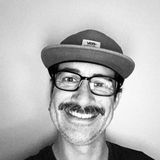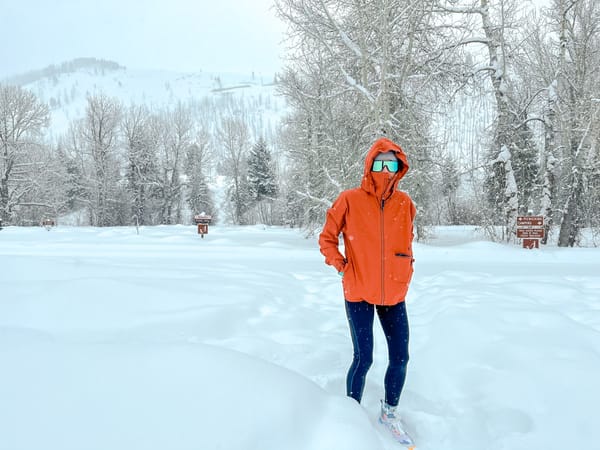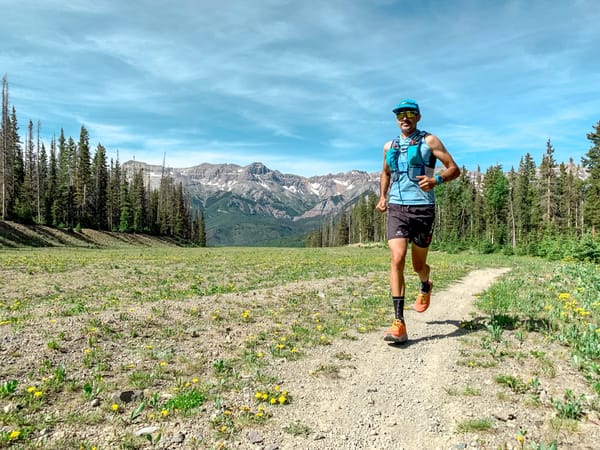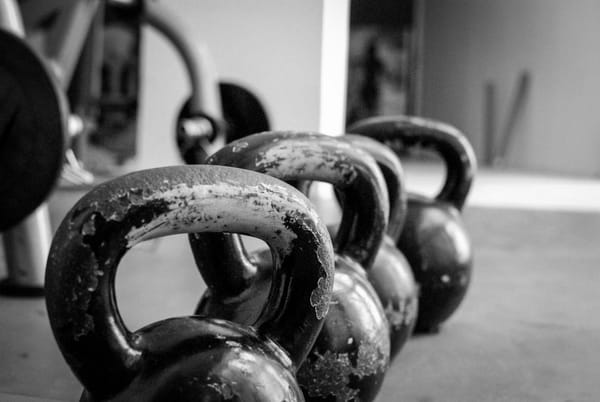Wayfinder 85 / Get Unstuck
Ambitious Minimalism. Minimalism isn't about sacrificing ambition to live with less, or making oneself smaller to rebel against consumerism. The power of minimalism is the ability to have choice. I prefer the word essentialism over minimalism as it isn't as synonymous with "little" but more about importance and value.
The most significant lesson I learned from my experience is that the real power of minimalism is practical and pragmatic: A minimalist mindset, which is one that provides clarity of purpose, helps create the space and time necessary to pursue meaningful work, relationships and experiences.
Leo Babauta, of Zen Habits, shares 7 practical ways to get unstuck. I'm working on being more compassionate with myself, something I've been exploring through a meditation course/practice I recently started. And, focusing on small victories. One step, then the next. I need to focus on not getting down on myself for not making bigger leaps of progress.
According to Wikipedia, Bioenergetics is a field in biochemistry and cell biology that concerns energy flow through living systems. A therapist in the UK is utilizing the science behind bioenergetics to develop body-based therapies that removes the influences of trauma and conditioning from your psyche. Through exercise and postures we can open up specific muscle groups to allow it to release the stored charge that has been bound into it through trauma or conditioning. It'll be interesting to see more research around this. (Via The Guardian)
I'm on the fence on the role technology plays in "simplifying" our lives. Technology has a way of reducing choice under the guise that we needn't be overwhelmed with options and decisions when artificial intelligence can streamline certain behaviors for us. Perhaps for some things it is better to have live feedback that helps us make better decisions. I've been using a heart rate monitor for more than a decade, and GPS (or other distance measuring device) for nearly that long.
Now we have devices attached to us all hours of the day to measure resting heart rate, sleeping patterns, HRV, and calories burned. New devices are coming that will help us eat better by measuring our blood sugar levels and making recommendations.
Susan and I tried Whoop for a month and honestly I found it more stressful than helpful. I went into it excited about the promise of having scientific data at my disposal to make informed decisions on training and recovery. I thought it would provide insights that would help me develop habits toward improved wellness. While the concept and theory behind these HRV measuring devises seems sound, the inaccurate readings and fussing over how and where to wear the device created the opposite effect I was hoping for.
I allowed the device to determine how I felt and what training I did. I stopped listening to my body and relied on technology to make decisions for me. It became something else to occupy my time with busyness and didn't serve the purpose of a better path toward wellness and more informed training decisions.
I'm sure others have had better experiences with these devices, and honestly I hope we make gains in the reliability of the data that would give me the confidence to try again. For now, I'm going to try to essentialize my training and overall wellness and place more importance on the feedback of the mind and body.
— Paul




